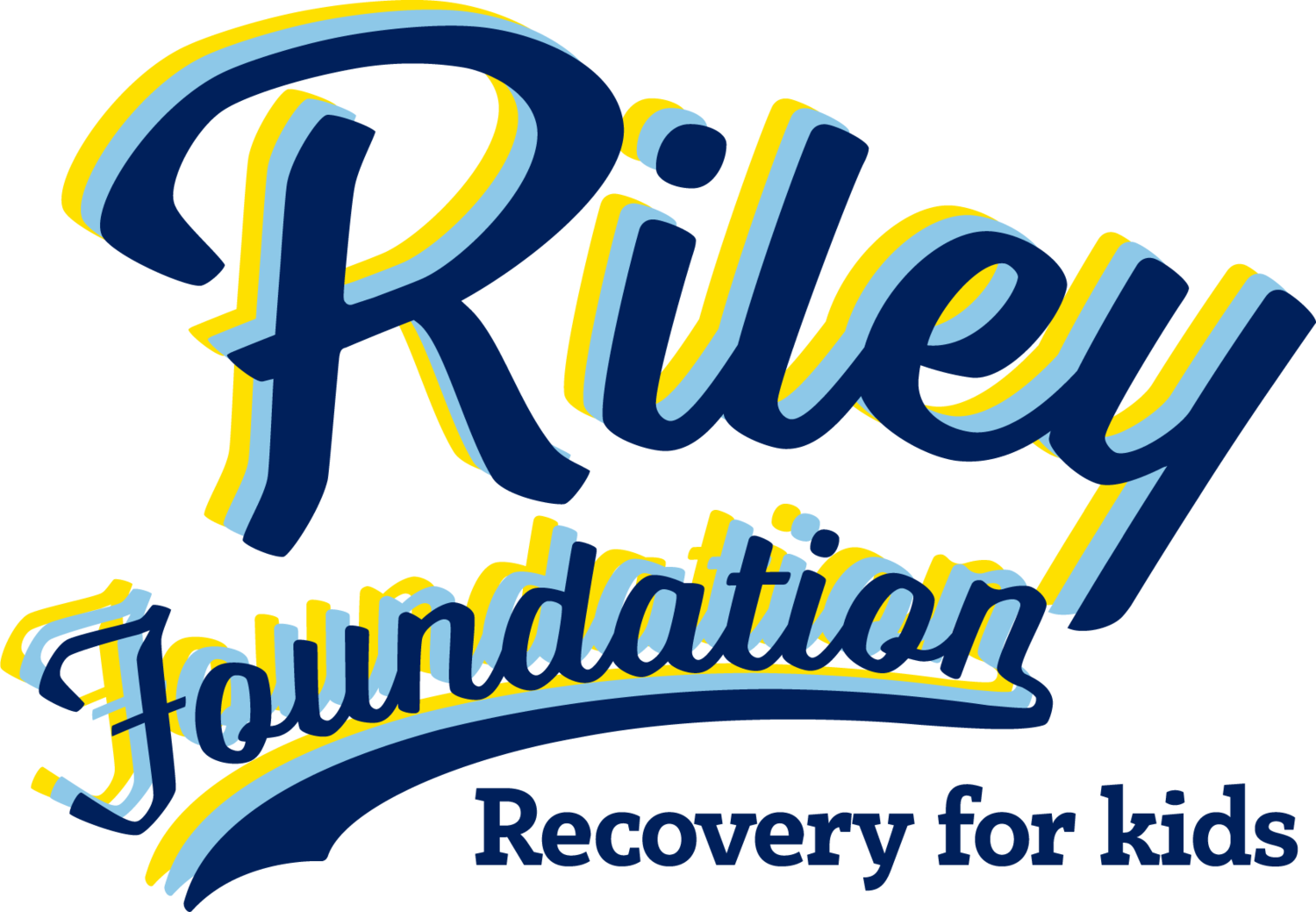
Helping children separate the parent they love from the illness that hurts.
The Seven C’s Workshop Series
There are currently no workshops scheduled.
PROGRAM MISSION.
Help children of addiction cope with their loved one’s illness and provide primary caregivers with tools they need to better support the children they love.
The Seven Cs teach kids…
I’m not alone.
It’s not my fault.
I can be ok.
Workshop Summaries.
1: I didn’t CAUSE it.
Message from caring adults:
Kids need to hear repeatedly that they are never the cause of a parent’s problems with drugs or alcohol.
Age appropriate education:
Addiction is an illness that affects the brain.
Addiction changes the way people think, behave and the choices they make.
Focus:
Exploring cause & effect.
Meeting other kids from similar backgrounds.
It’s ok to talk about addiction.
I’m not alone, there are many families like mine.
Activities:
Telephone game, cause & effect matching game, worksheet, story and dominos.
2: I can’t CURE it.
Message from caring adults:
Children need regular reminders that they can’t fix their parent’s illness but they can be ok.
Age appropriate education:
Addiction is when a person becomes “stuck” to drugs or alcohol and can’t stop without help.
Addiction is a serious medical issue that requires trained professionals to treat it.
Focus:
Repeat messages from w1.
Increase understanding of addiction.
Increase familiarity of different types of coping skills.
Activities:
Stuck experiential, mix it up experiential, coping skills bingo.
3: I can’t CONTROL it.
Message from caring adults:
Kids need help understanding that they can’t control whether a parent stays stuck in addiction or gets healthy.
Kids CANA control their own, choices behaviors and attitudes.
Age appropriate education:
Addiction is an illness. It means a person has lost control over the choice to drink or take drugs and are not able to stop without help.
Focus:
Repeat messages from w1-2.
What we can control vs. what we cannot.
Learning to let go.
Practicing flexibility/reducing the need for control.
Activities:
Elephant game, what I’ve let go of worksheet, letting go experiential, let’s paint activity.
4: I can help CARE for myself.
Message from caring adults:
There are lots of things kids can do to cope and caring adults are here to help.
Focus:
Repeat messages from w1-3.
Kids deserve to care about themselves.
Exploring components of self care.
Practicing assertiveness skills.
Identifying domains and strategies for staying safe.
Recognizing safe & unsafe behaviors.
Activities:
Self care toolbox & investigating self care worksheets, speak up experiential, seeking safety game, safe/unsafe tic-tac-toe.
5: I can COMMUNICATE my feelings.
Message from caring adults:
Children need help understanding that it’s ok to talk, trust, and feel.
Focus:
Repeat messages from w1-4.
Increase emotional literacy (identifying & naming feelings).
Recognizing the different strength of feelings.
Identifying, talking about, and coping with difficult feelings.
Differentiating between unhelpful thoughts vs. helpful thoughts.
Activities:
What’s under angry feelings worksheet, stinkin’ thinkin’ worksheet, feelings line experiential, feelings charades game, cookie method for sharing feelings.
6: I can make healthy CHOICES.
Message from caring adults:
Children need to know that you are on their team when they are struggling with big feelings and big behaviors.
Focus:
Repeat messages from w1-5.
Identifying healthy relationships.
Improving impulse control.
practicing delayed gratification.
Building a support network.
Increasing internalized self talk (thinking before acting).
Improving social skills.
7: I can CELEBRATE me!
Message from caring adults:
Kids need to hear that they are amazing and worth celebrating. Each child is unique, wonderful and worthy of love.
Focus:
Repeat messages from w 1 - 6 Competence, mastery & self efficacy Identifying skills, abilities and character qualities Recognizing accomplishments Identify areas of competence/mastery Identifying different types of intelligence Recognizing the ability to gain new strengths/skills
Activities:
What can I do & ranking my intelligences worksheets Paper bag me Super hero me











